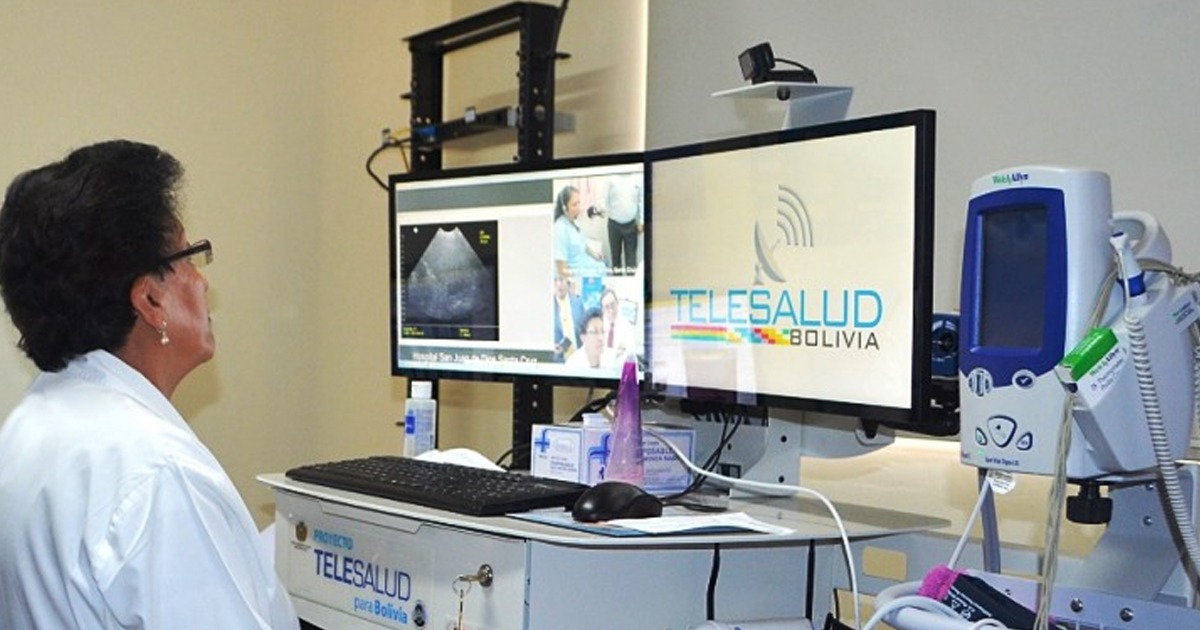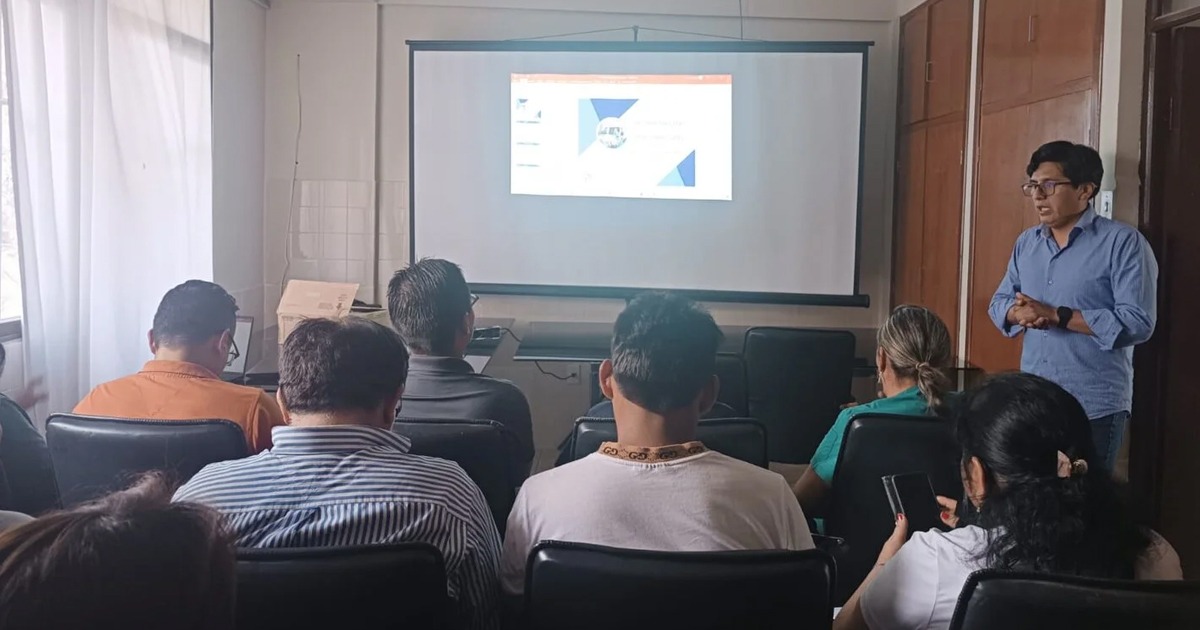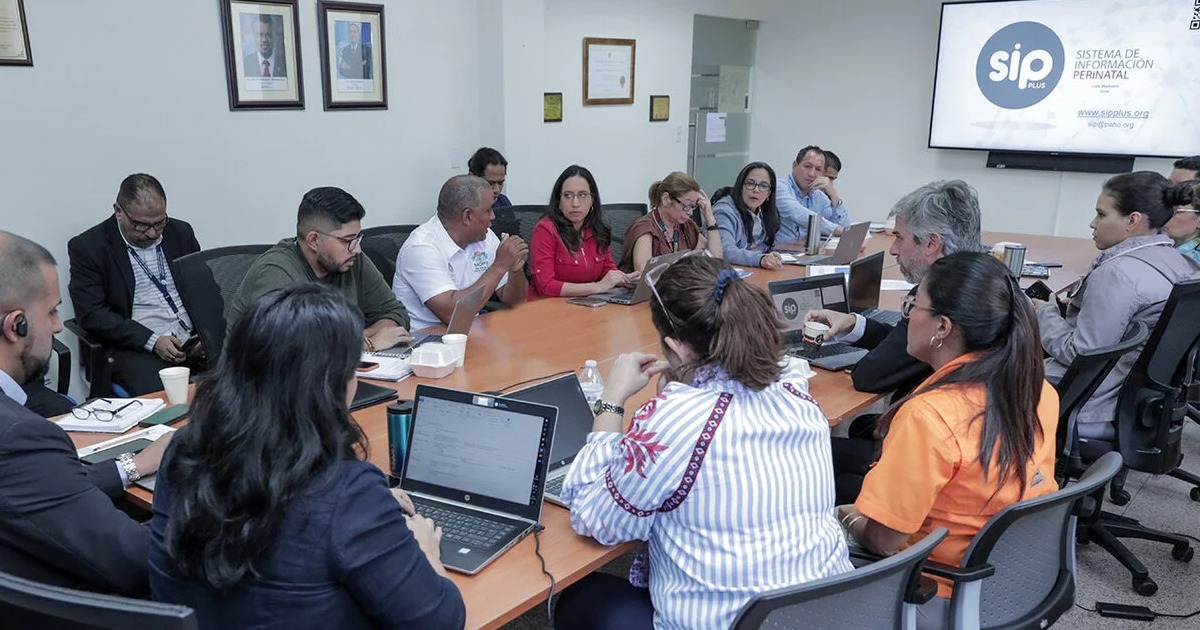In Mexico, 46% of Internet users access digital sites focused on health, meaning that 30 million people are looking for medical solutions and useful information online.
Proof that Digital Health is here to stay is that the country's large institutions have given it a priority place.
The Carlos Slim Foundation is promoting the concept by spreading information about mobile applications that are already on the market and that have proven to have a specific importance in improving the clinical experience of many users. Its director, Roberto Tapia, said that “channels social inclusion, makes it more homogeneous and reduces barriers to access to those who are excluded from the system".
Examples of apps developed to combat health problems include:
- Daily Epilepsy Control: allows to monitor the disease while notifying emergencies.
- Vaccination: for all those who forget their vaccination schedule, this app reminds both patients and doctors of specific dates when a new injection or reinforcement is required on some vaccine.
- Guiapp: an app for children's health improvement through games and activities that teach parents to keep their children healthy and active.

The new services offered by digital health impact the end user, but they are also transforming health center practices, especially as continuous improvements and evidence-based policies are being made.
This is a very important issue as more and more people are starting a digital history, so in the near future any health institution could make use of important patient data on web platforms.
It is important to note the effort for digital health to democratize clinical services must be shared between the state and the private sector. In the end, the benefit of people must be the ultimate goal of this new development in which technology can offer a solution for the various diseases that affect the countries.





